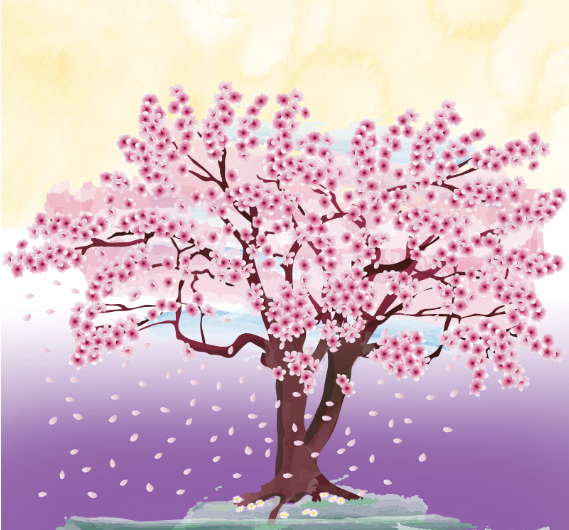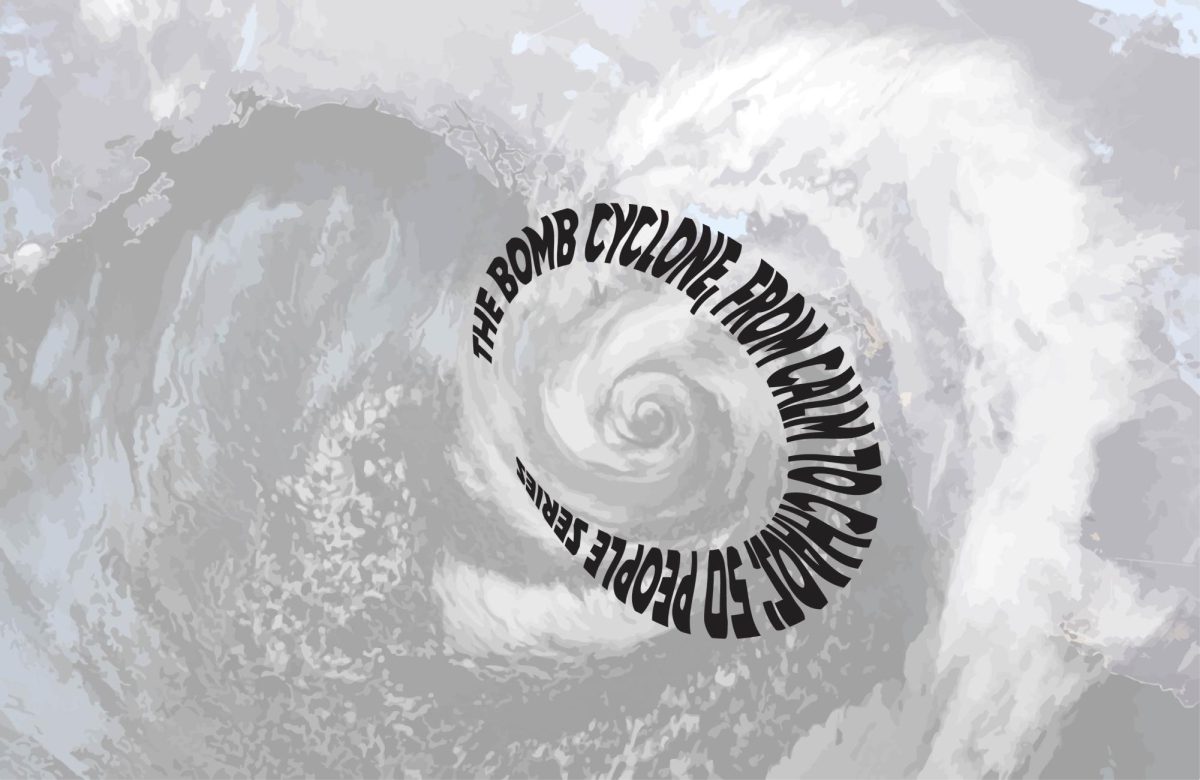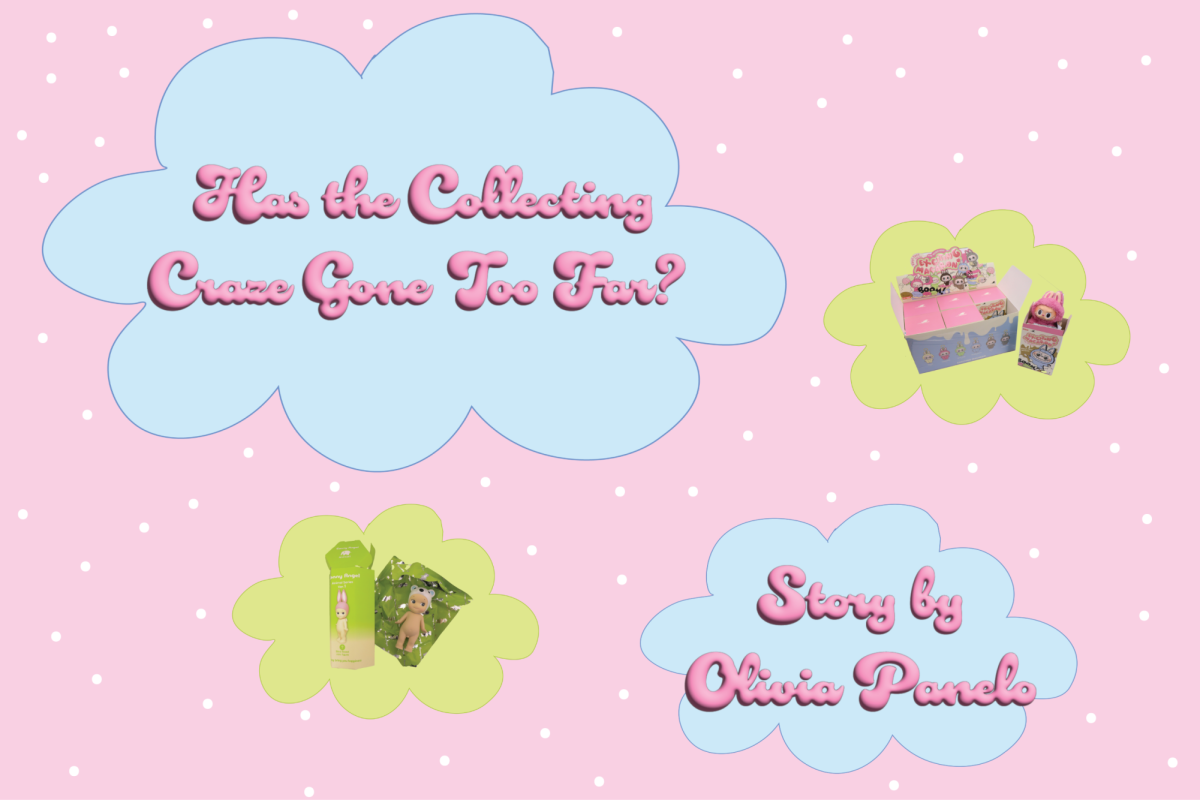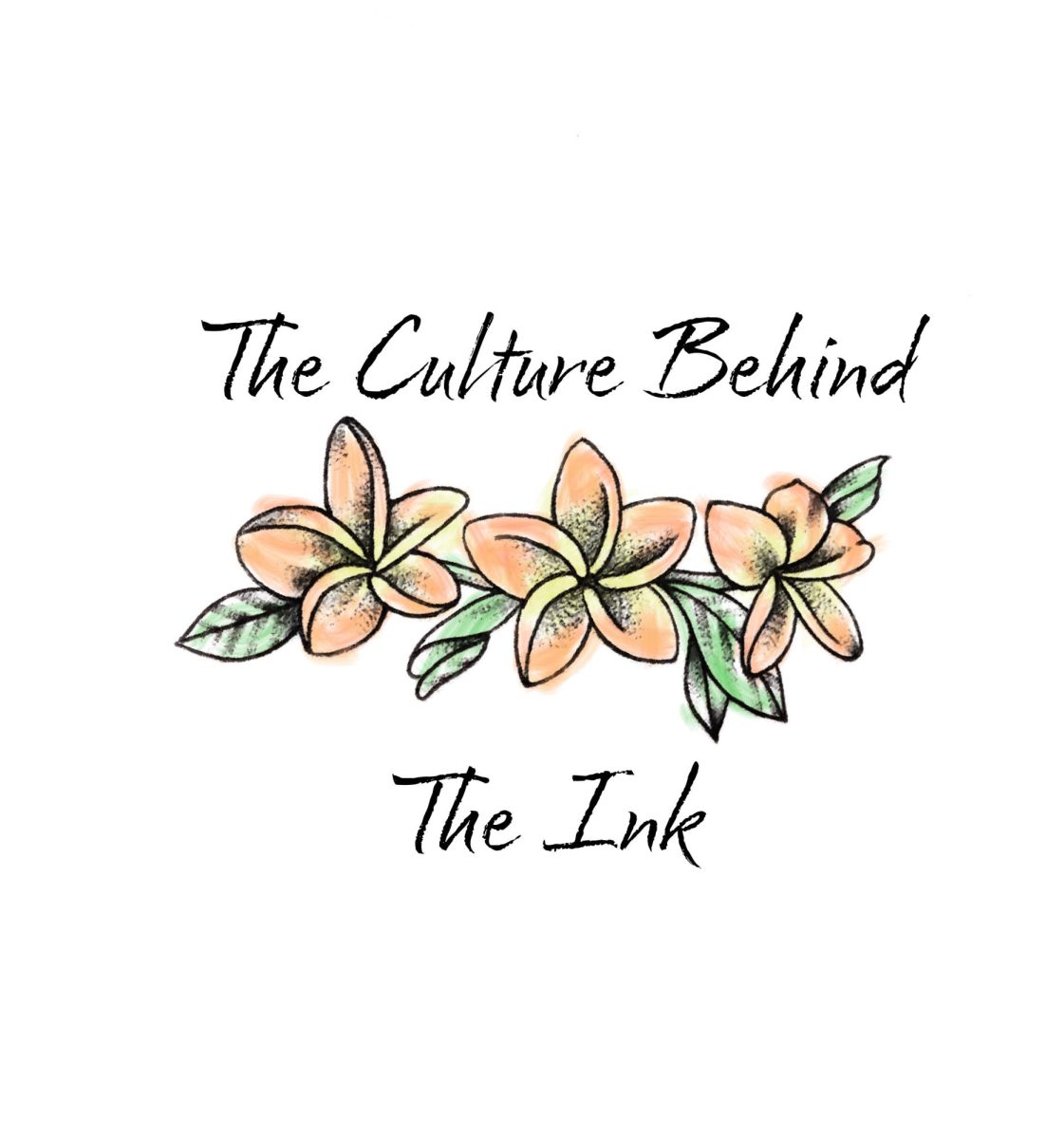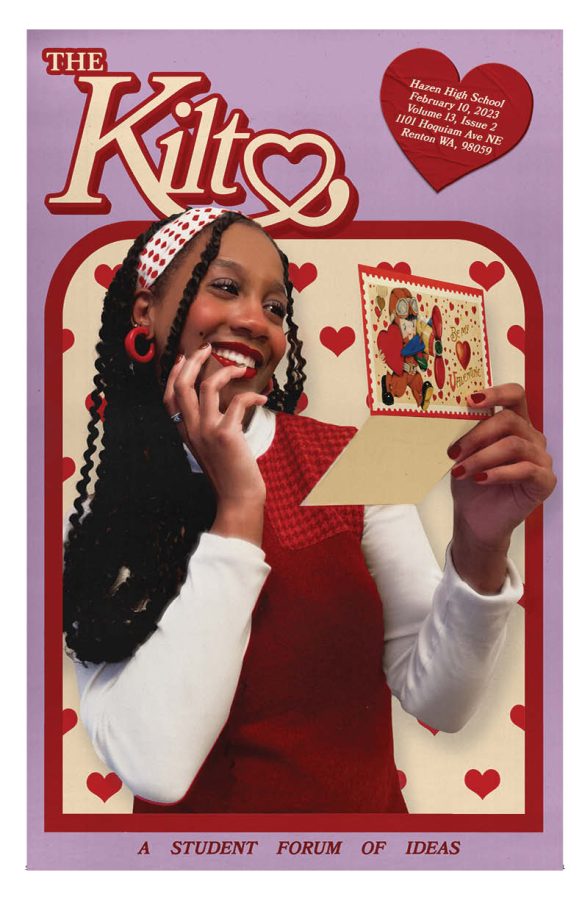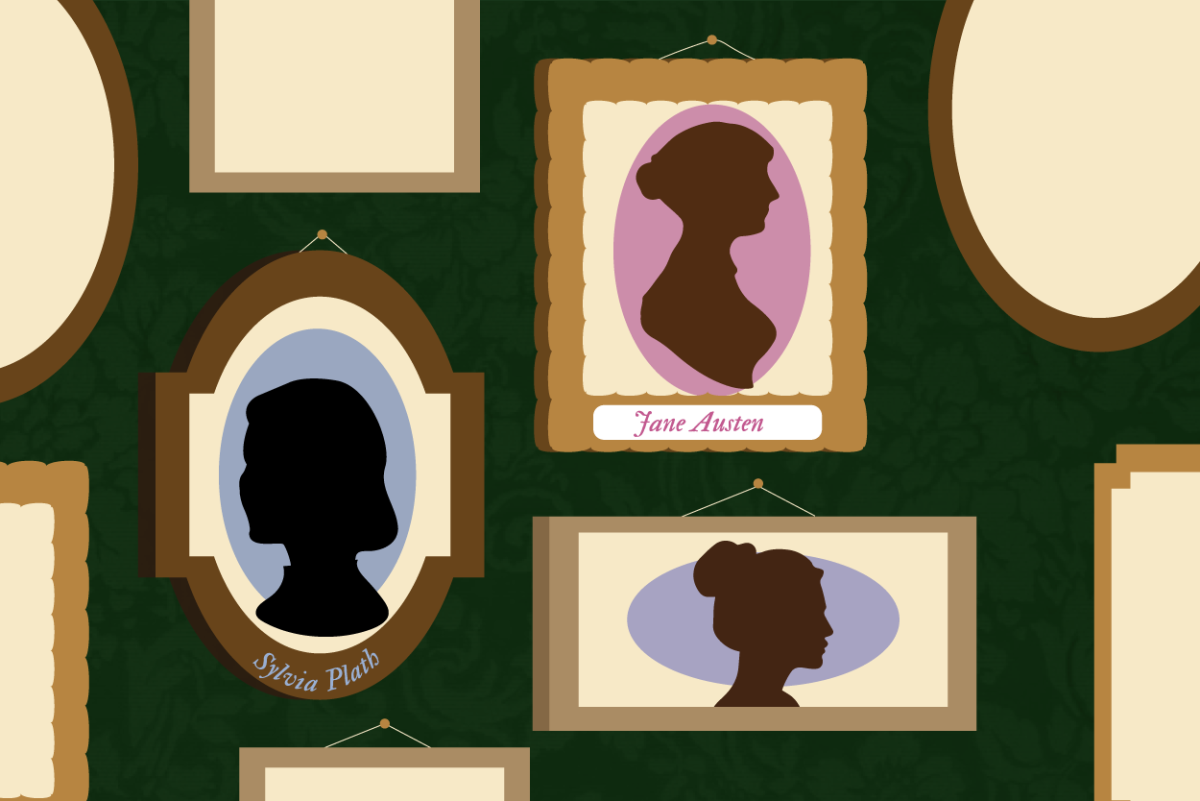When we think about feminism, we generally lean towards a more modern representation of it. But, what we don’t recognize is that a lot of literature written by authors such as Jane Austen and Sylvia Plath disguised earlier forms of it within writing.
Some of these authors, such as Jane Austen, are more intricate towards ideas that correlate with feminism, but others such as Plath are more blunt with their wording and their point is conveyed in a much more straightforward manner.
More than 30 million copies of Jane Austen’s works have been sold worldwide, and books such as Pride and Prejudice or Emma have reflected views of feminism through earlier times. The writings of Plath have also been provided with immense recognition for their advocacy towards feminist beliefs, and they too have made many sales with The Journals of Sylvia Plath, being one of Plath’s claims to fame after her death in 1963, which provided us with drafted novels and other works she was passionate about.
Today, we will explore how these women made an impact on how we view feminism, and how they provided us with an outlet for our emotions through the intricacy of their words and the ripple they created in our society, ultimately leading us to greater things.
Sylvia Plath
Sylvia Plath was an American poet, novelist, and short story writer. She was born on October 27, 1932, in Jamaica Plain, Boston Massachusetts. She had two children named Frieda Hughes and Nicholas Hughes and she was married to Ted Hughes until the time of her death in 1963.
She is well known for writing The Bell Jar, Ariel, The Journals of Sylvia Plath, The Collected Poems of Sylvia Plath, and The Letters of Sylvia Plath Vol. 1. Most of Sylvia’s popularity was gained after her death, as her journals, letters, and poems that she kept out of her books gained the most recognition due to the articulation of her words being in a very unfiltered and raw state.
In one of her quotes, she states, “What horrifies me most is the idea of being useless: well-educated, brilliantly promising, and fading out into an indifferent middle age,” (The Journals of Sylvia Plath, 328).
In this quote, she directly and concisely conveys how a woman’s capabilities are often dismissed or disregarded at a certain point in her life. At a certain point, she becomes “useless” and nothing but an object to those around her who cannot view her as anything more, anything promising for that matter. Beyond a certain point, a woman is confined to have certain things expected of her, narrowing her capabilities and opportunities allowing her to thrive. This leads to women being deemed as useless if they are unable to amount to societal standards or society’s perception of how they should be.
I think Plath contributes to representations of feminism in early literature because she speaks on her beliefs and ideals without accommodating or catering to a predominantly male audience. Men were also more likely to be consumers of this media, as many women were unable to access it and deemed it to be against their ideologies according to society.
I do believe Plath is a feminist due to her advocacy for women through literature, she was a voice for a lot of women during a time when not many of them were able to spread their opinions and gain recognition as a result. Many women who consider themselves avid readers do recognize Plath as someone who made a name for feminism across literature.
Jane Austen
Jane Austen was an English novelist primarily known for her six most famous novels. She was born on December 16, 1775 in Steventon, United Kingdom. She did not have any children or a spouse, but she did have siblings by the names of Cassandra Austen, Henry Thomas Austen, Edward Austen, James Austen, Francis Austen, Charles Austen, and George Austen. Jane passed away on July 18th, 1817 in Winchester, United Kingdom.
Throughout her lifetime, Austen has been well recognized for her works Pride and Prejudice, Emma, Darcy and Elizabeth, The Letters of Jane Austen, Northanger Abbey, and Love & Friendship. Unlike Plath, Austen’s works were well recognized prior to her death, however, once her journals were released and compiled, she gained much more recognition just as Plath had as well.
In the majority of Austen’s books, the point she conveys is that as women, we indefinitely live in a gender-based society that binds us and confines us to certain societal expectations, where the only hope a woman can experience is sourced of getting married to a man and living lavishly as a result of his success without being expected to make something of your own.
In the book Pride and Prejudice, the character Elizabeth Bennet (Lizzie) defies various stereotypes ranging from rejecting a wealthy man whom she receives a proposal from to speaking on how she wants to create a life she is ambitious about. Austen speaks on how men view women as objects and through mere beauty when in truth, women are their humor, charm, their compassion, bravery, and ambition. Women have their desires and not all of them need to include a male figure. Elizabeth is a protagonist whose focus is not solely marriage or acceptance of others in society.
Although Elizabeth marries, she does not marry a man who waters her down or stifles her glory, instead, Darcy (the man she chooses to marry) is able to depict how he experiences no fragility as a result of Elizabeth becoming her own individual and expressing her pride, and that he fights for love with Elizabeth despite his internalized prejudice against her social class.
I believe Jane Austen contributes to feminism through this character by conveying how their love does not consist of Darcy taking away from who Elizabeth is, and instead he is able to allow her to thrive and embrace certain aspects of her personality.
I do believe that the purpose of this was to express feelings towards a feminist perspective, and how love can thrive when it is genuine and true even despite the traditional belief that marriage restricts and confines a woman.
Both Jane Austen and Sylvia Plath depicted feminism in early literature by spreading their voices confidently and with no fear. Even despite the main consumers of their work being predominantly men due to the times they lived in, these two women pride themselves in prioritizing their views and ideals, even if they contradicted what was “traditional.”
Without these women, we would not view feminism in the light that we view it in the present day. Expressing your perspective and feelings towards a topic that is very important for you and those around you because it can support every individual in gaining more awareness and understanding about a topic they once viewed as a gray area or were unsure about.
Jane Austen and Sylvia Plath have become the epitome of feminism in literature, and have set the standards for how we should continue to spread the newfound awareness we come across about feminism and women’s rights.
These women have their own expression of feminism recognized up to the present day, now it is up to us to continue this legacy and build upon their efforts.

